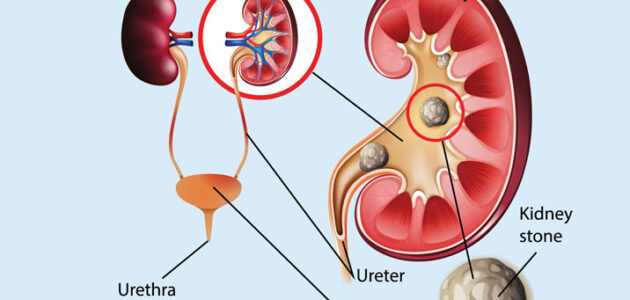Kidney stones are a common medical condition that can be painful, uncomfortable, and even life-threatening. There is no single cause of kidney stones, but certain dietary elements can increase the risk of developing them. Vitamin C is an essential nutrient found in many fruits and vegetables, but could it be putting you at risk of developing kidney stones? Let’s take a look does vitamin c cause kidney stones?
What Are Kidney Stones?
Kidney stones are hard deposits of minerals and acid salts that form inside the kidneys. They can vary in size from small pebbles to rocks as large as golf balls. Symptoms of kidney stones include severe abdominal pain, nausea, vomiting, and frequent urination with blood in the urine. Although they are treatable with medication or surgery, prevention is always better than cure when it comes to kidney health.
The Link Between Vitamin C and Kidney Stones
Most people believe that vitamin C helps prevent kidney stones because it increases urine acidity levels which inhibit the formation of calcium oxalate crystals that can form into stones over time. However, there is evidence to suggest that taking too much vitamin C may actually increase the risk of kidney stones by raising urinary oxalate levels. A 2007 study published in The Journal of Urology showed that high doses of vitamin C (over 1 gram per day) were associated with higher odds of stone formation among study participants who had previously been diagnosed with kidney stones.
Does Vitamin C Really Cause Kidney Stones?
It’s important to note that this research does not show causation; simply correlation between vitamin C intake and increased risk of developing kidney stones. While high doses of vitamin C may indeed increase your risk of forming these painful deposits, more research needs to be done to prove it definitively one way or another. Until then, it’s best to consult with your doctor before taking any supplements containing vitamin C – especially if you have a history of kidney problems or have been diagnosed with a kidney stone in the past.
To sum up
Ultimately, while there is evidence suggesting that consuming large amounts of vitamin C could put you at greater risk for developing kidney stones, more research needs to be done before we can draw any definitive conclusions on the matter. In the meantime, if you have a history of kidney problems or have already been diagnosed with a stone in the past then it’s best to speak with your doctor about how much vitamin C is safe for you to consume each day. Taking preventative measures now will help ensure your future health and well-being down the road!






